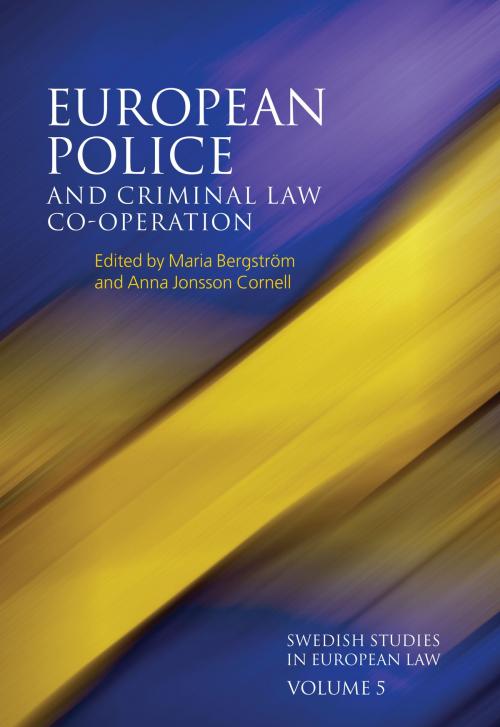| Author: | ISBN: | 9781782251491 | |
| Publisher: | Bloomsbury Publishing | Publication: | December 18, 2014 |
| Imprint: | Hart Publishing | Language: | English |
| Author: | |
| ISBN: | 9781782251491 |
| Publisher: | Bloomsbury Publishing |
| Publication: | December 18, 2014 |
| Imprint: | Hart Publishing |
| Language: | English |
This volume in the series Swedish Studies in European Law, produced by the Swedish Network for European Legal Studies, focuses on EU criminal law and transnational police co-operation. Against the background of the most important changes introduced by the Lisbon Treaty in the area of criminal law and police co-operation, this volume is divided into four main sections. Each section analyses some specific challenges. The first section includes a critical analysis of the boundaries of the new criminal law competencies, as well as some more general challenges for EU criminal law. Specific focus is set on the lawmaking process. The second section deals with EU criminal law and fundamental rights, in particular the protection of personal data and individual privacy. In this section, focus is on the implementation of EU law into national legal orders and the challenges that this process brings with it. The third section maps out specific challenges in transnational police co-operation, in particular, the important issue of sharing of information between law enforcement agencies and its potential impact on the protection of fundamental rights. In the fourth section, focus is shifted toward networks, horizontal agency and multi-level co-operation in a wider sense within the area of freedom, security and justice.
This volume in the series Swedish Studies in European Law, produced by the Swedish Network for European Legal Studies, focuses on EU criminal law and transnational police co-operation. Against the background of the most important changes introduced by the Lisbon Treaty in the area of criminal law and police co-operation, this volume is divided into four main sections. Each section analyses some specific challenges. The first section includes a critical analysis of the boundaries of the new criminal law competencies, as well as some more general challenges for EU criminal law. Specific focus is set on the lawmaking process. The second section deals with EU criminal law and fundamental rights, in particular the protection of personal data and individual privacy. In this section, focus is on the implementation of EU law into national legal orders and the challenges that this process brings with it. The third section maps out specific challenges in transnational police co-operation, in particular, the important issue of sharing of information between law enforcement agencies and its potential impact on the protection of fundamental rights. In the fourth section, focus is shifted toward networks, horizontal agency and multi-level co-operation in a wider sense within the area of freedom, security and justice.















